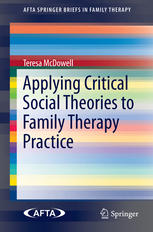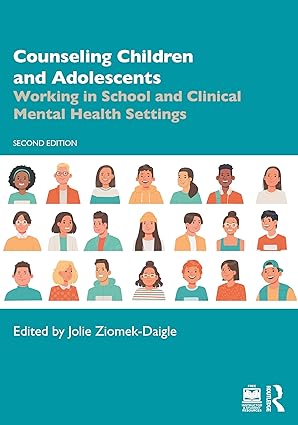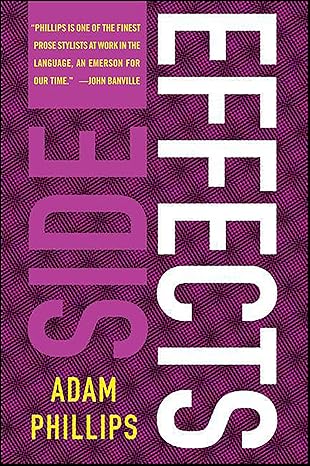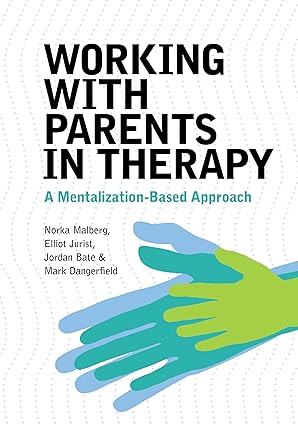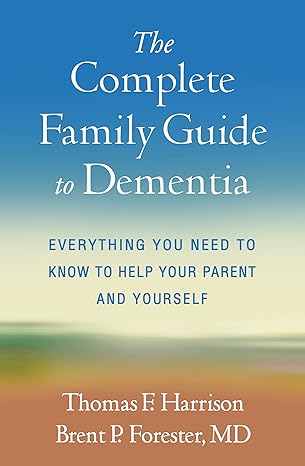It has taken time to get to the ideas presented in this volume and to be able to ar- ticulate them. Like most family therapists, I started out with a deep commitment to diversity but no systematic framework for understanding the relationship between difference and power or how social systems really impact our lives. I was more aware of diversity when it was visible in the therapy room, embodied or expressed by clients (e.g., race, nation of origin, religion). I under attended the ways in which all of our daily lives are shaped by social, economic, historical, and political con- texts. For example, while practicing in a wealthy suburb of a large city I saw a Euro- pean American, heterosexual couple that constantly fought over money. They had a beautiful new home that needed landscaping and furnishings. The husband traveled an hour each way into the city for work and the wife stayed home with their two young children. She needed to have the home and grounds completed to begin to feel as if she fits into the planned community in which she spent the majority of her time. He felt pressured having already overstretched their budget to buy the home. He also felt trapped in a high-stress job and long commute, all without being able to satisfy his wife’s expectations. I helped the couple communicate, share emotions, talk about gender roles and power differentials, negotiate money, and needs—all the typical things we do as couple’s therapists. But what more could I have done? Eventually, I found myself looking outside the field for answers to growing ques- tions about the impact of social context on families. I gravitated to and eventually embraced the critical social theories. After years of considering how to apply these ideas to family work, I have come to believe that critical and decolonizing theories can provide family therapists with a set of lenses with which to better understand and help families navigate the social, economic, cultural, and relational realities of their lives. I share critical reflections of my own life and family therapy practice throughout this volume to demonstrate points and to link self of the therapist social awareness with the practice of critical decolonizing family therapy. I use the phrase critical decolonizing to reference recognizing and challenging processes of system- atically privileging cultural, social, and economic well-being of some groups at the expense of others.
چکیده فارسی
رسیدن به ایدههای ارائهشده در این جلد و بیان آنها زمانبر است. مانند بسیاری از درمانگران خانواده، من با تعهد عمیق به تنوع کار را شروع کردم، اما بدون چارچوب سیستماتیک برای درک رابطه بین تفاوت و قدرت یا اینکه چگونه سیستم های اجتماعی واقعاً بر زندگی ما تأثیر می گذارد. زمانی که تنوع در اتاق درمان قابل مشاهده بود، که توسط مراجعان تجسم یا بیان می شد (به عنوان مثال، نژاد، ملت مبدا، مذهب) بیشتر از تنوع آگاه بودم. من به شیوههایی که همه زندگی روزمره ما بر اساس زمینههای اجتماعی، اقتصادی، تاریخی و سیاسی شکل میگیرد، مطالعه کردم. برای مثال، هنگام تمرین در حومهای ثروتمند یک شهر بزرگ، یک زوج اروپایی-آمریکایی دگرجنسگرا را دیدم که دائماً بر سر پول با هم دعوا میکردند. آنها یک خانه جدید و زیبا داشتند که نیاز به محوطه سازی و مبلمان داشت. شوهر برای کار یک ساعتی به شهر رفت و زن با دو فرزند خردسال خود در خانه ماند. او باید خانه و زمینه را تکمیل میکرد تا احساس کند با جامعه برنامهریزیشدهای که بیشتر وقت خود را در آن سپری میکند، جا میگیرد. او به دلیل اینکه بودجه خود را برای خرید خانه زیاد کرده بود، تحت فشار بود. او همچنین احساس می کرد در یک شغل پر استرس و رفت و آمد طولانی گرفتار شده است، بدون اینکه بتواند انتظارات همسرش را برآورده کند. من به زوج کمک کردم تا با هم ارتباط برقرار کنند، احساسات را به اشتراک بگذارند، درباره نقش های جنسیتی و تفاوت های قدرت صحبت کنند، درباره پول و نیازها مذاکره کنند - همه کارهای معمولی که ما به عنوان زوج درمانگر انجام می دهیم. اما دیگر چه کاری می توانستم انجام دهم؟ در نهایت، متوجه شدم که به دنبال پاسخ به سؤالات فزاینده درباره تأثیر بافت اجتماعی بر خانوادهها در خارج از میدان هستم. من به سمت نظریه های انتقادی اجتماعی گرایش پیدا کردم و در نهایت پذیرفتم. پس از سالها بررسی چگونگی اعمال این ایدهها در کار خانواده، به این باور رسیدهام که نظریههای انتقادی و استعمارزدایی میتوانند مجموعهای از لنزها را در اختیار خانوادهدرمانگران قرار دهند تا خانوادهها را بهتر درک کنند و در جهتیابی مسائل اجتماعی، اقتصادی، فرهنگی و روابط کمک کنند. واقعیت های زندگی آنها من بازتابهای انتقادی از زندگی خودم و تمرین خانوادهدرمانی را در سراسر این جلد به اشتراک میگذارم تا نکاتی را نشان دهم و آگاهی اجتماعی درمانگر را با تمرین خانوادهدرمانی انتقادی استعمارزدایی مرتبط کنم. من از عبارت استعمار زدایی انتقادی برای ارجاع به فرآیندهای چالش برانگیز و سیستماتیک امتیاز دهی به رفاه فرهنگی، اجتماعی و اقتصادی برخی گروه ها به قیمت از دست دادن گروه های دیگر استفاده می کنم.
ادامه ...
بستن ...
Author(s): Teresa McDowell (auth.)
Series: AFTA SpringerBriefs in Family Therapy
Publisher: Springer International Publishing, Year: 2015
ISBN: 978-3-319-15632-3, 978-3-319-15633-0
ادامه ...
بستن ...
